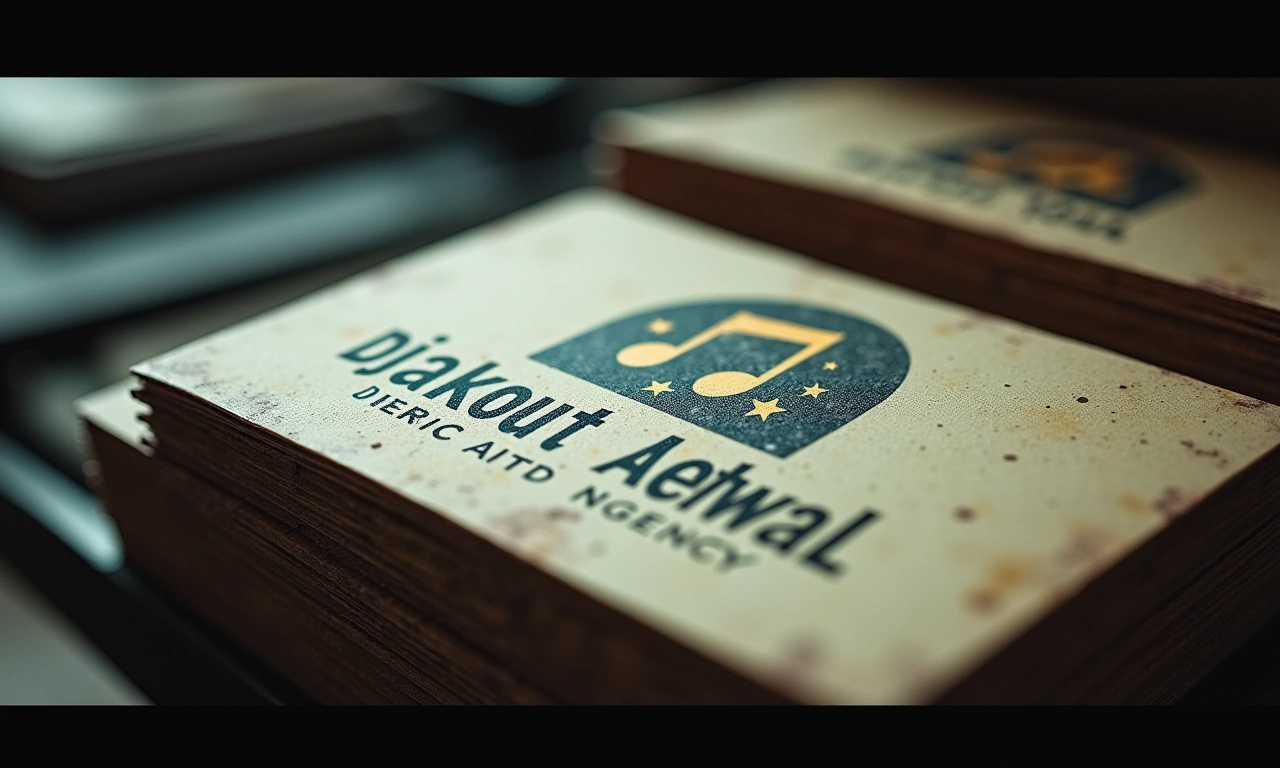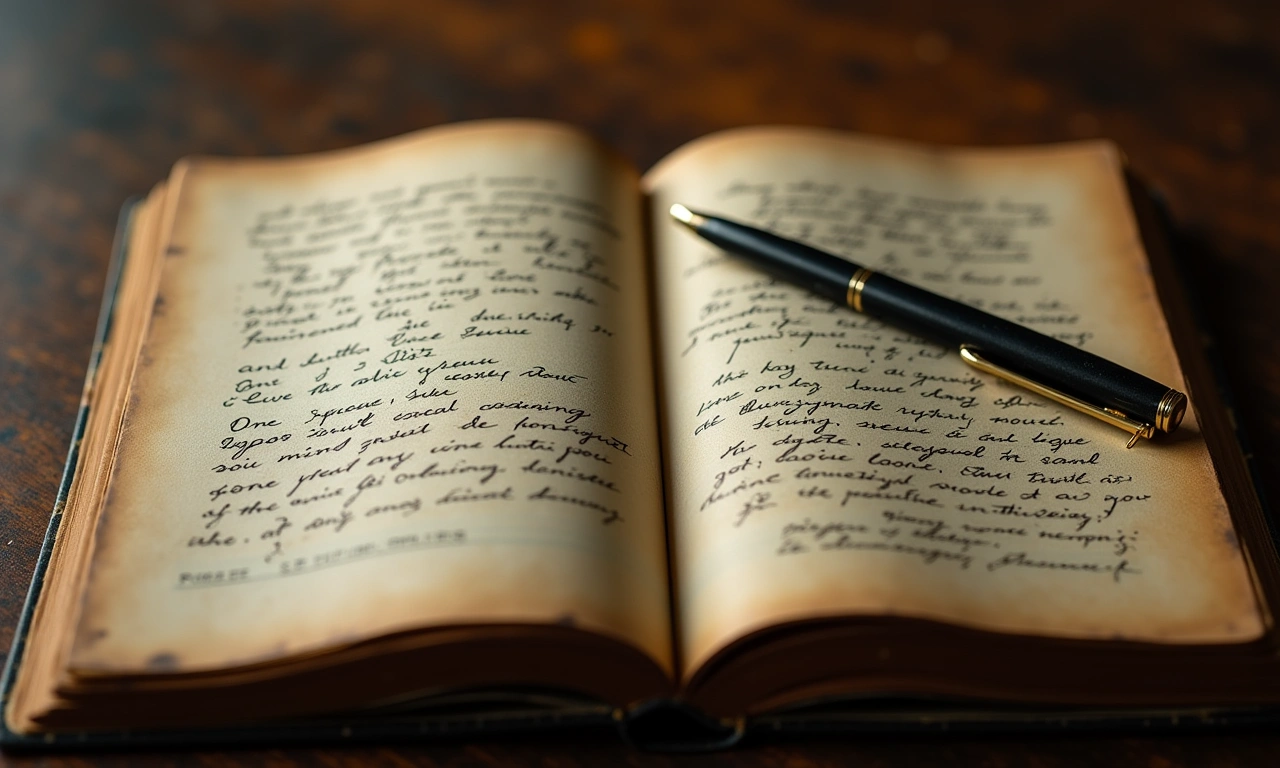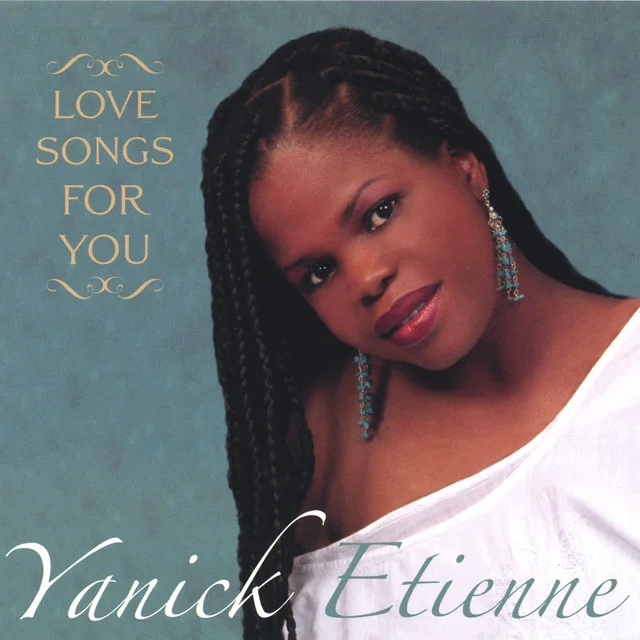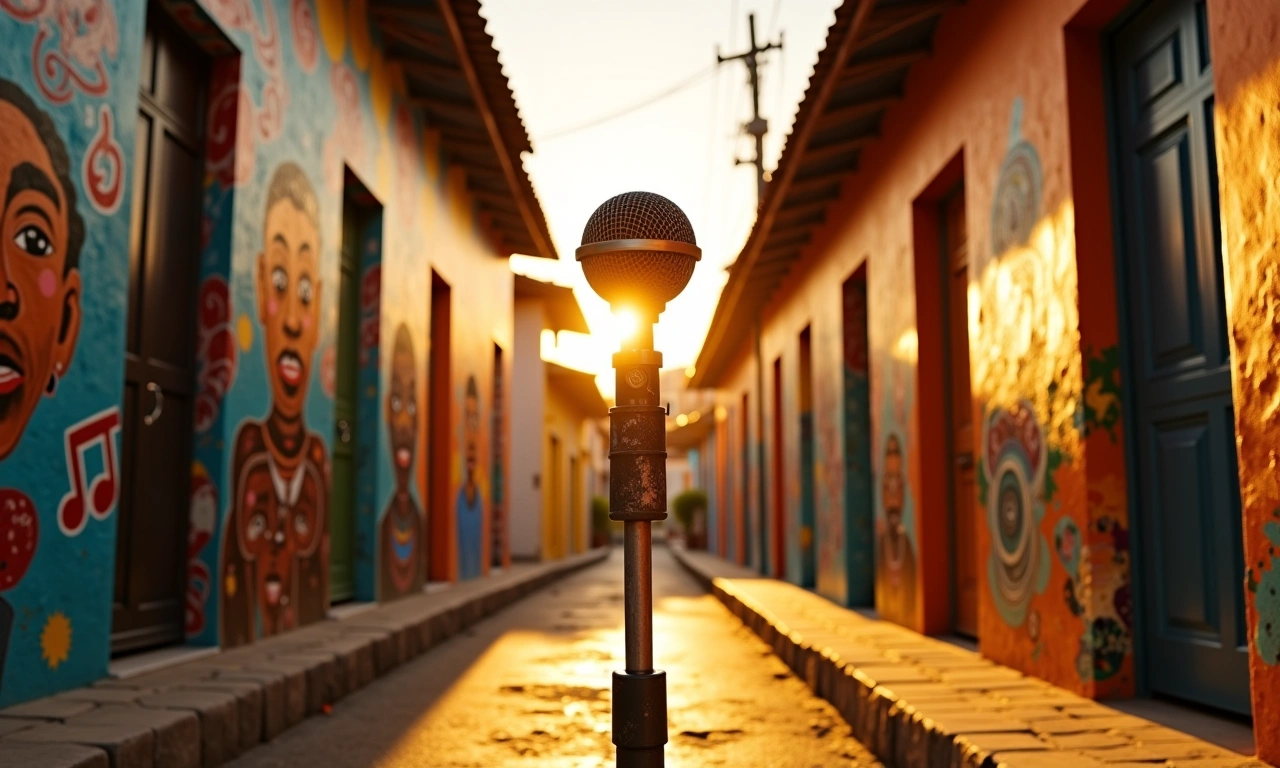Ralph Boncy, a Haitian songwriter, producer, and musicologist, shares an in-depth interview revealing how he discovered singer Emeline Michel at a 1985 stadium concert, managed her career from 1986 to 1994, and produced her landmark albums Flanm, Pa Gen Manti Nan Sa, and Quintessence.
This conversation explores the creative stories behind iconic tracks like “Ayiti Peyi Solèy” and “Ti Moun,” Boncy’s songwriting philosophy, and his decades-long influence on Haitian popular music.
For musicians, producers, and fans of Haitian music history, this interview is a rare window into artist development, cross-generational collaboration, and the craft of writing konpa-fusion songs in Creole.
How Boncy Discovered Emeline Michel at Sylvio Cator Stadium
Ralph Boncy first encountered Emeline Michel as a photographer and freelance journalist covering “Hommage à la Jeunesse” (Tribute to Contemporary Youth), a major event held at Sylvio Cator stadium in Port-au-Prince. He was working for the daily newspaper Le Nouvelliste at the time.
Before the event, fellow musicians Ansy and Yole Dérose had warned Boncy that he would be impressed by a young singer from L’Artibonite.
During the outdoor concert, a revolving stage made it difficult for Boncy to photograph Michel clearly. His zoom lens—a 35–70mm—was too weak, and the lighting was poor. Despite these obstacles, something in her voice stood out. “I heard something different and soulful that was new to the Haitian repertoire,” Boncy recalls.
Of the three songs Michel performed that day, Boncy remembered one in particular: “Di m’ Pouki Nou Renmen” (Tell Me Why We’re In Love). The song resonated with Boncy because it seemed to answer his own lyrics from “Sab Lanmè” (Sand at the Beach), a track recorded by Joel Widmaier years earlier. Both songs explored the theme of love during turbulent times. Boncy later learned the song had been written by Beethova Obas and Chavennet Telfort.
Meeting Emeline Michel: December 1985 and the Begin of a Partnership
Boncy’s first formal meeting with Michel came about a month later, at Institut Français in December 1985. Mario Moretta, who managed a young talent agency called Djakout Zetwal, introduced them. Moretta believed Michel deserved greater exposure and urged Boncy to take over her career development.

Boncy agreed to work with her, though he viewed it as “a big challenge—possibly a very long shot.” From 1986 to 1994, he served as her manager and producer, a period during which they were also married for four years. During these years, Boncy helped Michel transition from a student at Collège St. Pierre to an internationally recognized artist.
Production Work: Early Albums and Breakthrough Collaborations
Boncy’s earliest production work with Michel involved creating demos and organizing her debut live performances. For her first album project, Michel wrote the lyrics to “Ayiti Peyi Solèy” (Haiti, Land of the Sun) and handed Boncy a handwritten copy for arrangement and production.
He also worked on “La Chanson de Jocelyne” (The Ballad of Jocelyn), a demo featuring vocalist Toto Laraque.
Through Michel, Boncy was introduced to Beethova Obas, and he became the first producer to record a track with Obas: “Plezi Mizè” (Pleasures of Being Wretched). Boncy then promoted Michel’s first solo shows—two nights at Institut Français—while she was still completing her schooling.
A constellation of Haitian musicians participated in these early recordings, including Joe Charles, Charles Adolphe, Loulou Dadaille, Hans Peters, and the late Jean-Michel Daudier on bass, among others.
Flanm (1989)
Michel’s third album, Flanm, released in 1989 and produced by Boncy, represented a major artistic step forward. Mushy Widmaier served as both keyboardist and artistic director, blending zouk, smooth jazz, and blues with Haitian rhythms. The album was diverse in scope, moving from contemporary urban sounds to traditional rara and heartfelt ballads.

Pa Gen Manti Nan Sa (1990) and International Re-issue
Boncy points to Pa Gen Manti Nan Sa (No Lies in This), released in December 1990, as the album where Michel reached her artistic peak with him as producer. “I have a soft spot for this album,” Boncy says.
It was re-issued internationally in France, Japan, and Canada under the alternate title Tout Mon Temps (All My Time), with different bonus tracks for each market.
The recording sessions were intense. Boncy was also serving as music director for musician Mushy Widmaier during extensive touring, yet the creative energy translated into the album’s polished sound. Widmaier composed the music for multiple tracks, and the ensemble featured Joel Widmaier, Arus, Osawald Durand, and Kéké Belizaire on vocals and arrangement. The album included a cover of “Lanmou Anmè” (Bitter Love), composed by Decastro and Despestre, which Michel delivered with emotional depth.
The title track, “Pa Gen Manti Nan Sa,” is described by Boncy as “a unique gem, some kind of a masterpiece.” Another highlight, “A.K.I.K.O,” was brought back from Michel’s first tour of Japan. “Balanse m” (Rock Me), featuring Kéké Belizaire, became another signature moment from this era.
Rasin Kreyòl and Quintessence: Later Artistic Milestones
When asked which of Michel’s albums stands as her best, Boncy identifies Rasin Kreyòl (Creole Roots). “But they are all good and all pretty different too,” he notes. While he was less directly involved in the production of later albums, Boncy maintained his connection to Michel’s work, particularly on Quintessence (2013).

Quintessence showcases Michel’s maturity as a vocalist. Opening with the faith-centered song “Djannie” (featuring Kali), the album includes a notable collaboration with author Edwige Danticat. Boncy credits the album’s packaging and cover design as “the classiest she’s ever achieved.” The production quality and artistic vision mark Quintessence as a defining statement in Michel’s later career.
Songwriting Together: “Ti Moun” and the Email-to-Collaboration Process

When Michel and Boncy collaborated on “Ti Moun” for Quintessence, their working method had evolved with the times. Michel sent Boncy a draft by email, which he transferred into a Word document. Rather than sitting down together to write, they worked asynchronously, with Boncy proposing verse variations and Michel selecting what suited her vision best.
Boncy emphasizes that Michel’s concept was clear from the start. “The concept was clear,” he says, and though Michel sent multiple rough mixes in MP3 format, the collaboration remained focused and purposeful. This modern approach contrasted sharply with their early work together, when they would arrange live sessions with full bands and work through material in real time.
Boncy’s Most Celebrated Songs: Creative Stories and Inspiration
When asked which songs are most special to him, Boncy acknowledges the difficulty of choosing. “Too hard to say. I like most of them. Sometimes I hate just one line.” However, he highlights works with his most frequent collaborators: the band Zèklè and Emeline Michel.
Songs with Zèklè
For Zèklè, Boncy wrote “Si Ou Vle” (If You Want). The band recognized the beauty of the lyrics and deliberately slowed the first verse so listeners could appreciate the wordplay. Another notable track, “Ou te Di m'” (You Told Me), was co-written with Daniel Jean-Louis and features a repeating chorus loop that invites audience sing-alongs and carries double meanings.

Songs with Emeline Michel
Working with Michel, Boncy crafted songs including “Tout Moun Ale Nan Kanaval” (Everyone Gone to Carnival) and “L’odeur de Ma Terre” (The Aura of My Land). Both hold personal significance for Boncy.
He also wrote “Lavi Ka Bèl” (Life Can Be Beautiful) and “Le Poisson de Nuage” (Fish on a Cloud), songs in which Boncy assembled lyrical fragments and inspirations from Michel’s personal scrapbook before composing the melodies.
On Writing Creole Love Songs: Craft and Sensitivity
Despite his reputation for love songs, Boncy clarifies that he has written surprisingly few of them. “I wrote very few love songs, by the way,” he says.
His most famous romantic-sounding work, “Chante Lanmou” (Sing Love), is actually a deeper meditation on misery, death, fate, destiny, and “the great mystery of life and destiny.” It is not a straightforward love ballad.
When asked what goes into writing a love song in Creole, Boncy emphasizes the sensual and linguistic richness of the language. “Very exciting. Creole is very sensuous. So, you feel privileged to get to sculpt words of your native language.” The language itself becomes an instrument for emotional expression.
As for when he writes his best love songs—during periods of romantic bliss or romantic cynicism—Boncy resists a simple answer. “It really varies. I can’t say.” He muses that inspiration might flow best “after great lovemaking,” but acknowledges that timing rarely cooperates with the creative process. The muse does not follow a schedule.

Boncy’s Advice for New Producers and Musicians
When asked for guidance for newcomers to the music business—whether on the creative or business side—Boncy offers a single, powerful principle: “Never put out a song that doesn’t mean anything to you.”
This philosophy reflects decades of working with artists across genres and levels of commercial success. Authenticity, in Boncy’s view, is non-negotiable. A song without emotional truth will be hollow, no matter how polished the production or catchy the hook.
Why Love Songs Dominate Popular Music
Finally, Boncy addresses a perennial question: why is so much popular music, across all genres, centered on love? His answer is direct and universal: “Because love is what we all look for. You know the craving, the quest for whatever kind of great love each one of us wants.” Love—in its many forms—is the human constant that transcends culture, generation, and geography. Songs about love endure because they touch something essential in all listeners.
What Makes This Interview Different
- Primary source, unfiltered voice: Boncy speaks directly, without editorial paraphrasing, sharing specific dates (December 1985 introduction, 1989–1990 album timelines) and production details that only the creator would know.
- Rare insight into artist discovery and development: Few interviews document the moment a producer spots a future star, the formal introduction, and the multi-decade collaboration that follows. This is a behind-the-scenes master class in talent recognition and artist management in the Haitian music industry.
- Specific production and songwriting methodology: Rather than generic advice, Boncy explains how he and Michel worked together—from handwritten lyrics to email-based collaboration—and how songs like “Ti Moun” and “Ayiti Peyi Solèy” were built.
- Documented legacy of Haitian konpa-fusion music: This interview serves as a historical record of how Flanm, Pa Gen Manti Nan Sa, and Quintessence were created and what artistic goals they embodied, preserving context that would otherwise be lost.
- Authentic philosophy on artistry: Boncy’s core principle—”Never put out a song that doesn’t mean anything to you”—distills decades of professional experience into one actionable, emotionally grounded ideal.
Last Updated on January 15, 2026 by kreyolicious



